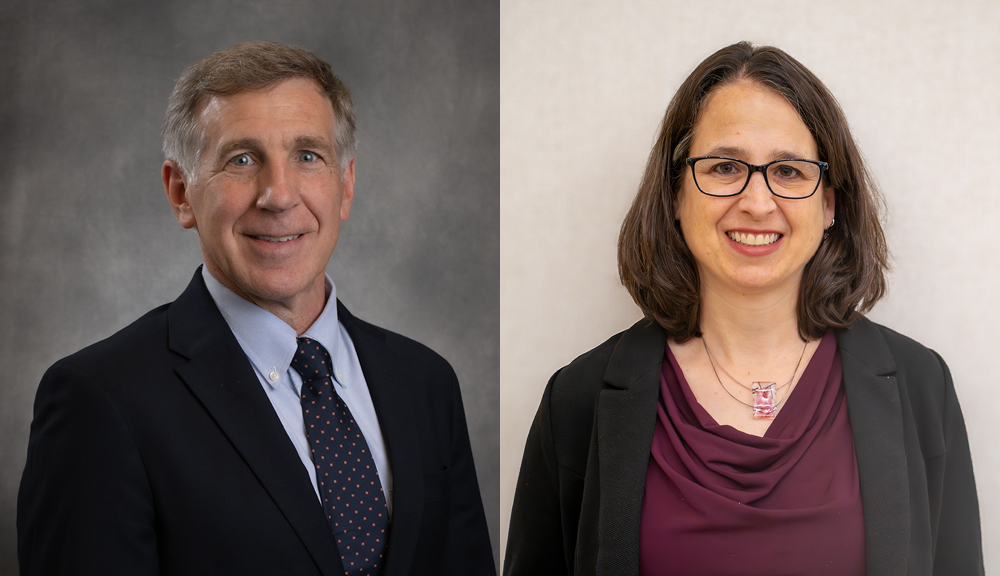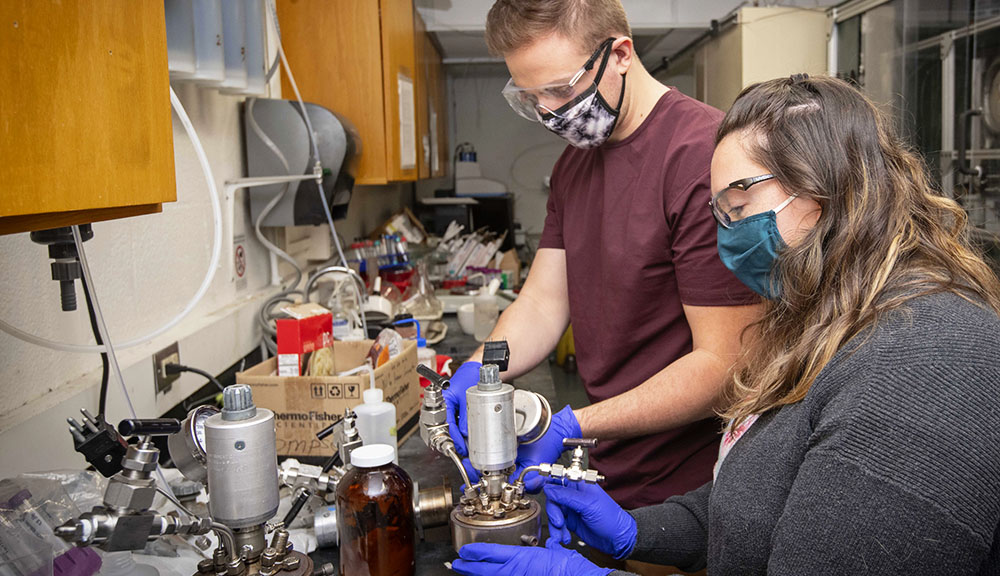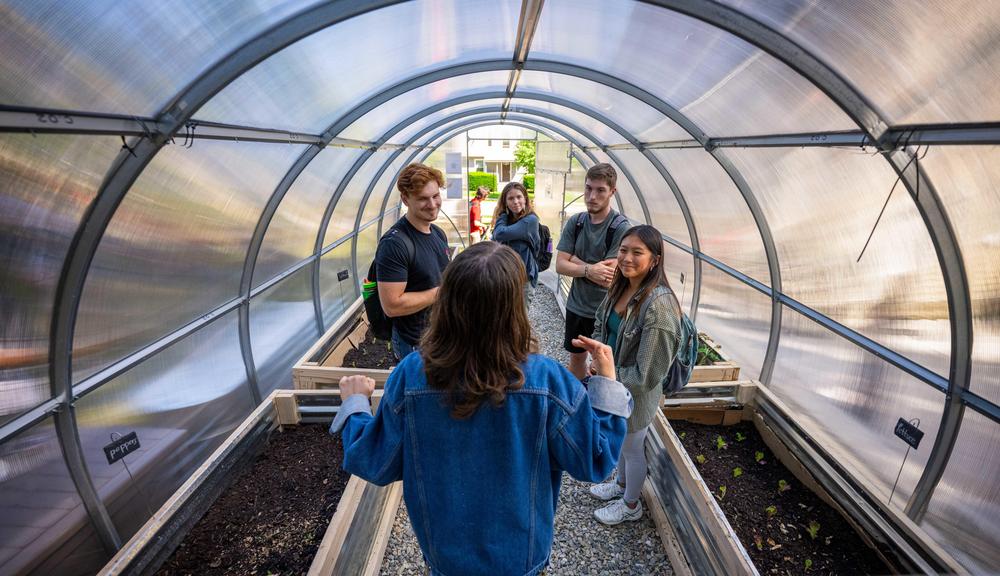A student team from Worcester Polytechnic Institute (WPI) that has developed a rainwater harvesting system for use in a Guatemalan community is competing this week in the 10th annual Environmental Protection Agency People, Prosperity and the Planet (P3) Awards Competition and National Sustainable Design Expo (NSDE) in Washington, D.C.
The competition is being held in the Walter E. Washington Convention Center April 25-27 as part of the USA Science & Engineering Festival. WPI is one of 40 college teams from across the United States that will showcase their ideas for solving the nation’s greatest environmental problems and compete for a P3 award.
The EPA’s P3 Expo brings together interdisciplinary teams of graduate and undergraduate students to design solutions for sustainability challenges worldwide. The students design innovative models and techniques to compete for EPA’s P3 award, which includes a grant of up to $90,000 to turn their ideas into a business or implement it in a community.
The WPI Engineers Without Borders chapter members attending the competition—undergraduates Katie Picchione, Michele Mensing, and Thomas Moutinho—are developing a system aimed at improving access to water and the quantity and quality of drinking water in Guachthu’uq, a community of 200 people near San Cristóbal, Guatemala. Another team member for this project, Tom Washburn, assisted but is unable to attend the event.
The team has raised more than $20,000 to purchase materials, including 5-foot-tall PVC tanks that can hold as much as 2,500 liters of potable water for drinking and cooking. The team is building a system that allows rainwater to flow from corrugated steel rooftops to gutters attached to pipes that lead to the tanks. The goal is to provide each household up two tanks of potable water during Guatamela’s extended dry season.
The WPI EWB team, which has already made five visits to the region over the past several years, is confident about its chances. “If we receive the grant money, it will help us take our work to a new level,” said Picchione, a sophomore double-majoring in mechanical engineering and society, technology and policy. “We’d be able to scale up our project from a single community to hopefully impact the entire region.”
She explained that the funding would not only help the team buy more materials to build more rainwater harvesting systems, but would provide them with the means to build more relationships with local government leaders. Additionally, they would like to create educational programs that would allow residents to learn how to build rainwater harvesting system for their own homes. “We hope to spread that knowledge not just through Guachthu’uq and the nearby city of San Cristóbal, but to all the communities in the area,” added Picchione.
Laureen Elgert, assistant professor of social science and policy studies at WPI and the student advisor to the student team, commended the students’ ongoing efforts. “I have remained continuously amazed at the degree of commitment students have shown to the WPI Engineers Without Borders club,” she said, “and not just for the past six months or a year, but for the past several years. They put in a tremendous amount of time and effort.”
The team’s professional mentor, Patricia Austin, environmental engineer for the state Department of Conservation and Recreation’s Division of Watershed Management, will also accompany the students to the expo.
To qualify for the P3 awards, projects must strive to benefit people, promote prosperity, and protect the planet, the three components of sustainability. The projects at this year’s EPA P3 Competition and Expo cover a variety of environmental and health topics, including the creation of additives that allow for eco-friendly degradation of mulch, a sustainable water treatment facility for communities with arsenic in their groundwater, mobile phone applications for citizen scientists to monitor the health of habitats and streams, and biodegradable food packaging. In addition, scientists and engineers from nonprofits will showcase their contributions to advancing sustainability, as continued longtime partners of the expo.
The P3 competition is one of more than two dozen major contests, symposiums and meetings being convened during the USA Science & Engineering Festival. The free, nonprofit festival, the largest STEM outreach event in the world, will have 3,000 hands-on exhibits, experiments, concerts, and talks by leading technology entrepreneurs, Nobel Prize winning scientists, Hollywood celebrities, and Fortune 500 CEOs.
“Concern for the global environment is a cornerstone to driving interest in science and technology in our young people,” said Larry Bock, the festival’s co-founder. “Joining forces with the EPA on the P3 event allows us to expose families, educators, corporate leaders, and government officials to the groundbreaking efforts and creativity of the P3 teams and their solutions to fostering sustainability.”


